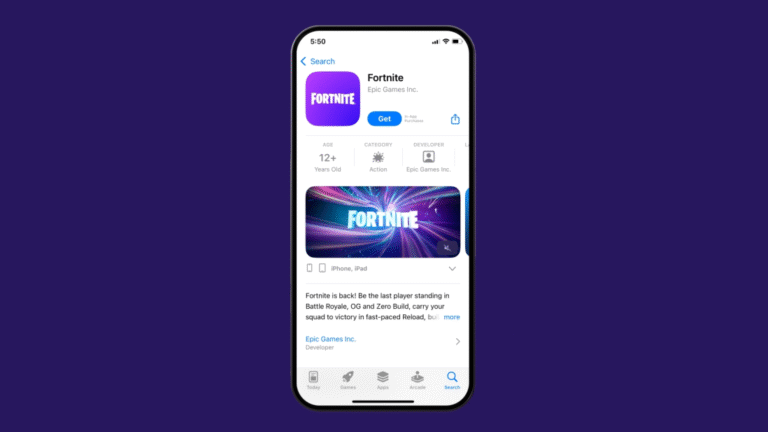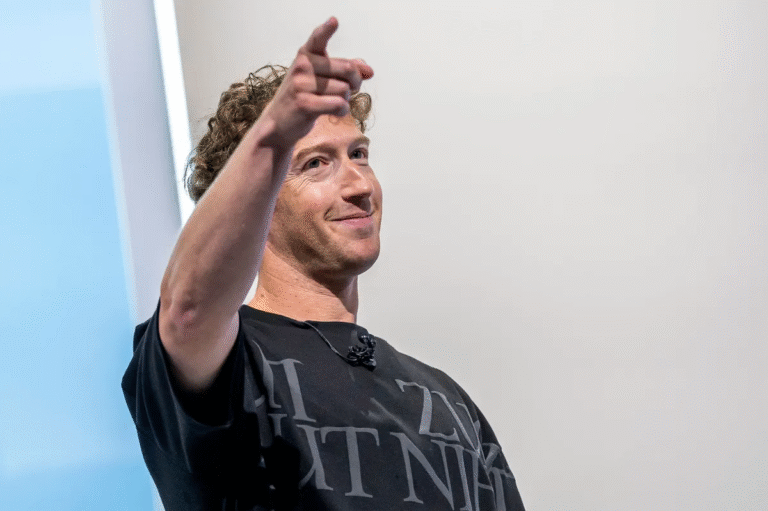Jesse Tinsley, CEO of the workforce management platform Employer.com, has launched one of the year’s most daring acquisition attempts. Teaming up with YouTube icon MrBeast and other prominent figures, Tinsley has submitted an all-cash bid to purchase TikTok, a move that could significantly shape the app’s future amidst ongoing uncertainty.
A Series of Bold Moves by Employer.com
This development is part of a string of high-profile moves by Employer.com under Tinsley’s leadership. Just last month, the company announced plans to acquire Bench, a Canadian accounting startup that unexpectedly shut down during the holiday season. Now, with the TikTok bid, Tinsley aims to make an even greater impact on the tech landscape.
Though the group has not disclosed the exact bid amount, their involvement signals a serious effort to save TikTok, which has faced regulatory hurdles in the United States. Legal backing for the bid includes representation from Brad Bondi, a well-known attorney and brother of former Trump administration figure Pam Bondi.
MrBeast’s Strategic Role in the TikTok Bid
The inclusion of YouTube superstar MrBeast adds a unique dimension to the acquisition attempt. Known for his viral content, philanthropic efforts, and entrepreneurial ventures, MrBeast has built a massive global following. His involvement reflects the growing influence of creators in shaping the future of digital platforms.
MrBeast’s expertise in engaging online audiences could prove invaluable for TikTok. As one of the world’s most-followed social media influencers, his insights could help transform TikTok into an even more dynamic platform, appealing to users and advertisers alike.
The Future of TikTok Remains Uncertain
TikTok has been at the center of controversy due to its parent company ByteDance’s ties to China, raising national security concerns in the United States. The platform briefly went offline last weekend but was restored hours before former President Trump signed an executive order delaying any potential ban for 75 days.
Despite these challenges, TikTok remains one of the most popular social media platforms worldwide. ByteDance has not yet confirmed whether it is seriously considering the offer from Tinsley, MrBeast, and their team. However, other prominent potential buyers, including Elon Musk, Amazon, Oracle, and billionaire Frank McCourt’s syndicate, have also expressed interest in acquiring the app.
Legal and Strategic Backing for the Bid
The legal support for the acquisition team, led by Brad Bondi, demonstrates their commitment to navigating the complex regulatory and legal landscape surrounding TikTok’s operations. The bid also highlights the increasing convergence of business, technology, and influencer power in high-stakes acquisitions.
What TikTok Ownership by MrBeast and Tinsley Could Mean
If this acquisition succeeds, it could bring transformative changes to TikTok’s operations:
Innovative Leadership: MrBeast’s expertise in content creation and online trends could redefine how TikTok engages users and grows its audience.
Regulatory Relief: Transitioning TikTok to U.S.-based ownership may help address government concerns and ensure the platform’s continued availability in the country.
New Opportunities: Employer.com’s workforce management experience could pave the way for TikTok to explore e-commerce, job-related content, and even educational features.
Creators Taking Center Stage
MrBeast’s involvement in this high-profile deal highlights a significant trend: creators are no longer just participants in the digital ecosystem—they are becoming influential players in shaping its future. By leveraging their expertise and massive reach, creators like MrBeast are increasingly driving innovative solutions to business challenges, including high-stakes acquisitions like this one.
A Pivotal Moment for TikTok
The collaborative bid led by Jesse Tinsley and MrBeast TikTok presents a bold vision for the platform’s future. With the stakes higher than ever, this acquisition attempt could secure TikTok’s place in the digital world while redefining how creators influence major business decisions.
As ByteDance weighs its options, this move represents a crucial turning point for TikTok and the broader social media landscape. For users, creators, and advertisers, the outcome of this bid could signal the beginning of a new era for the platform.








